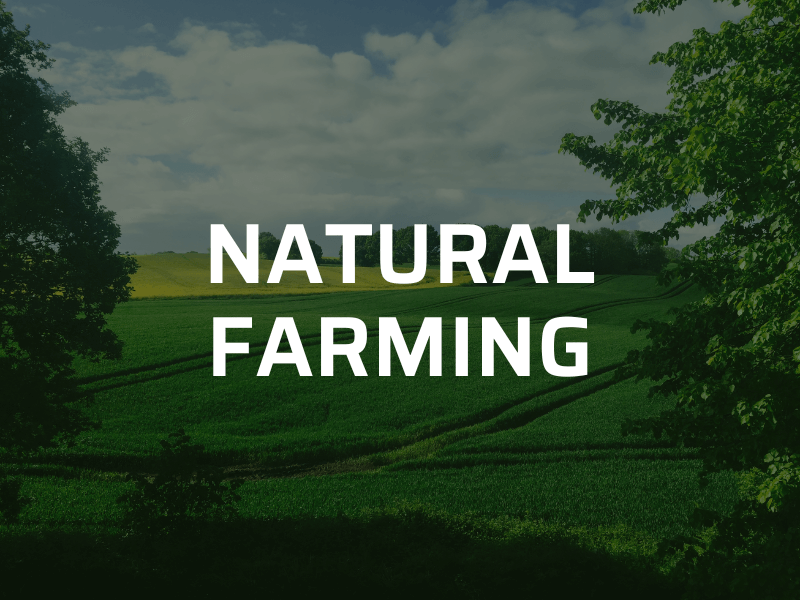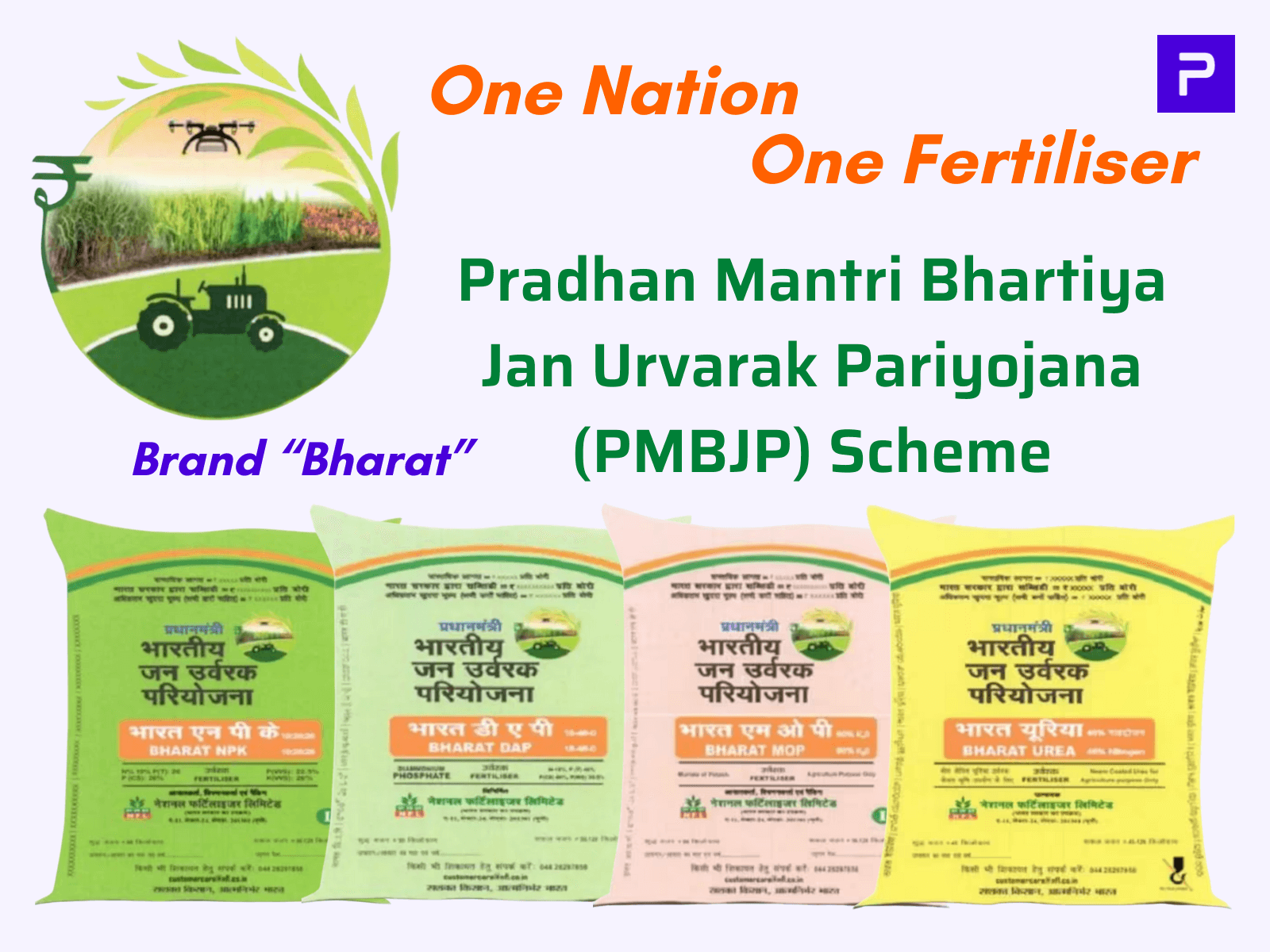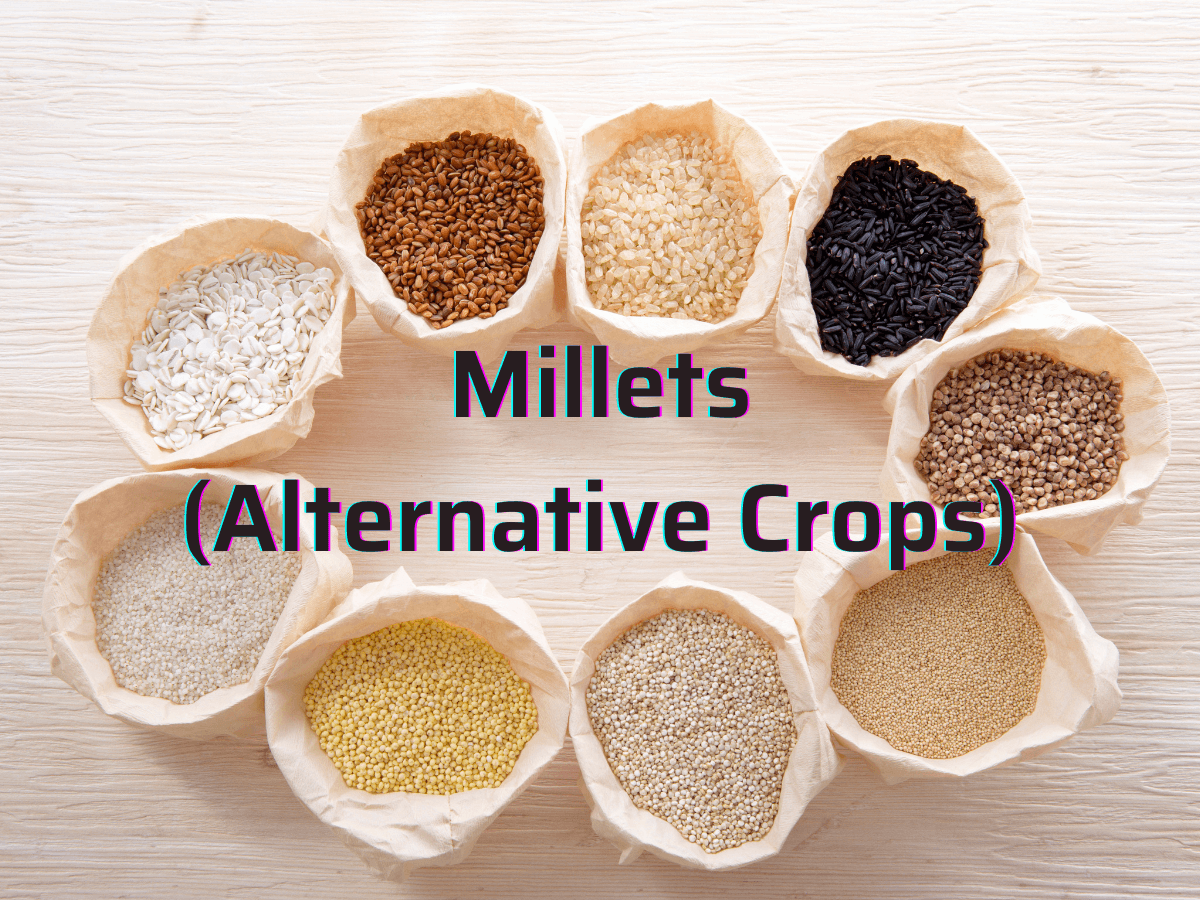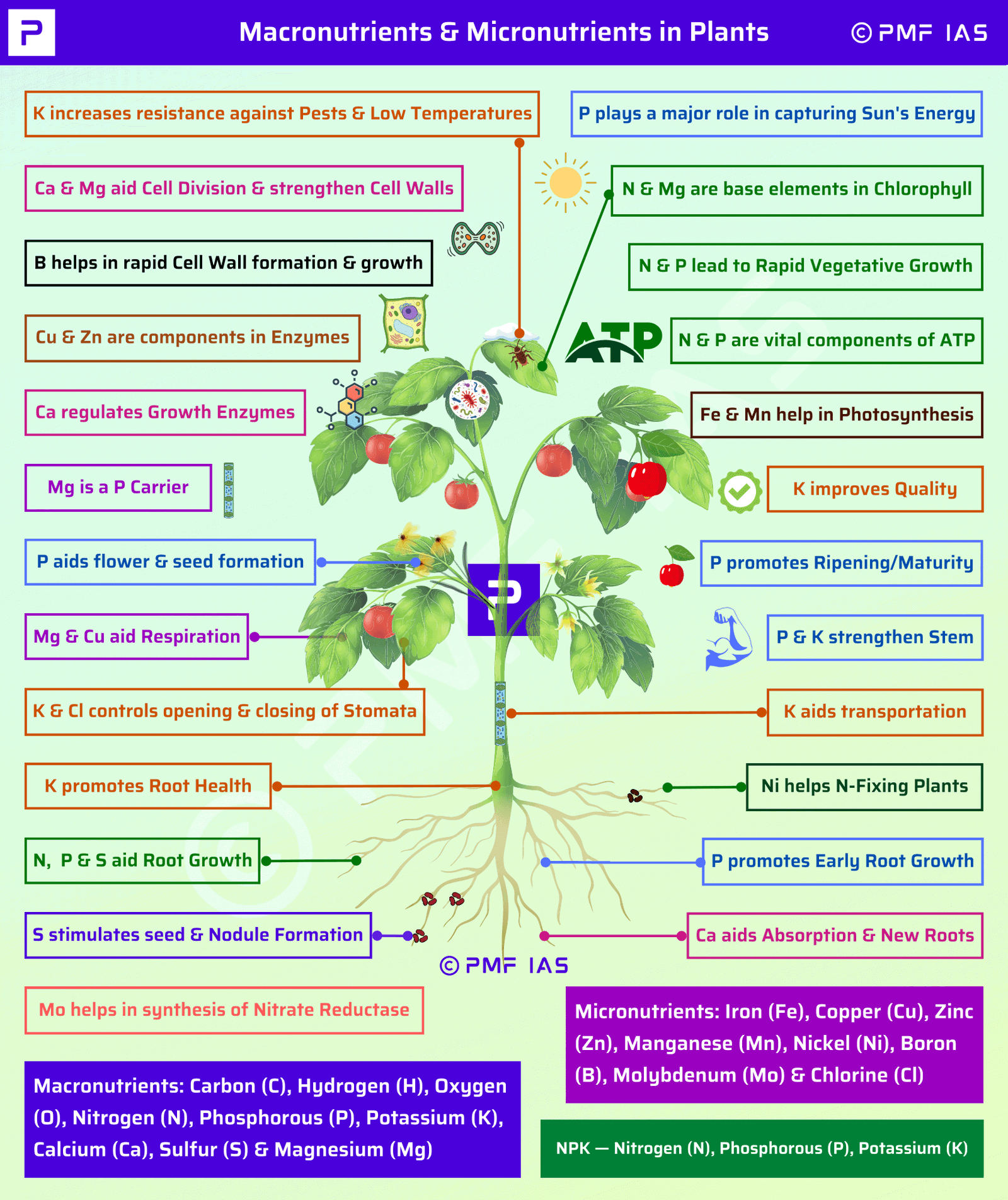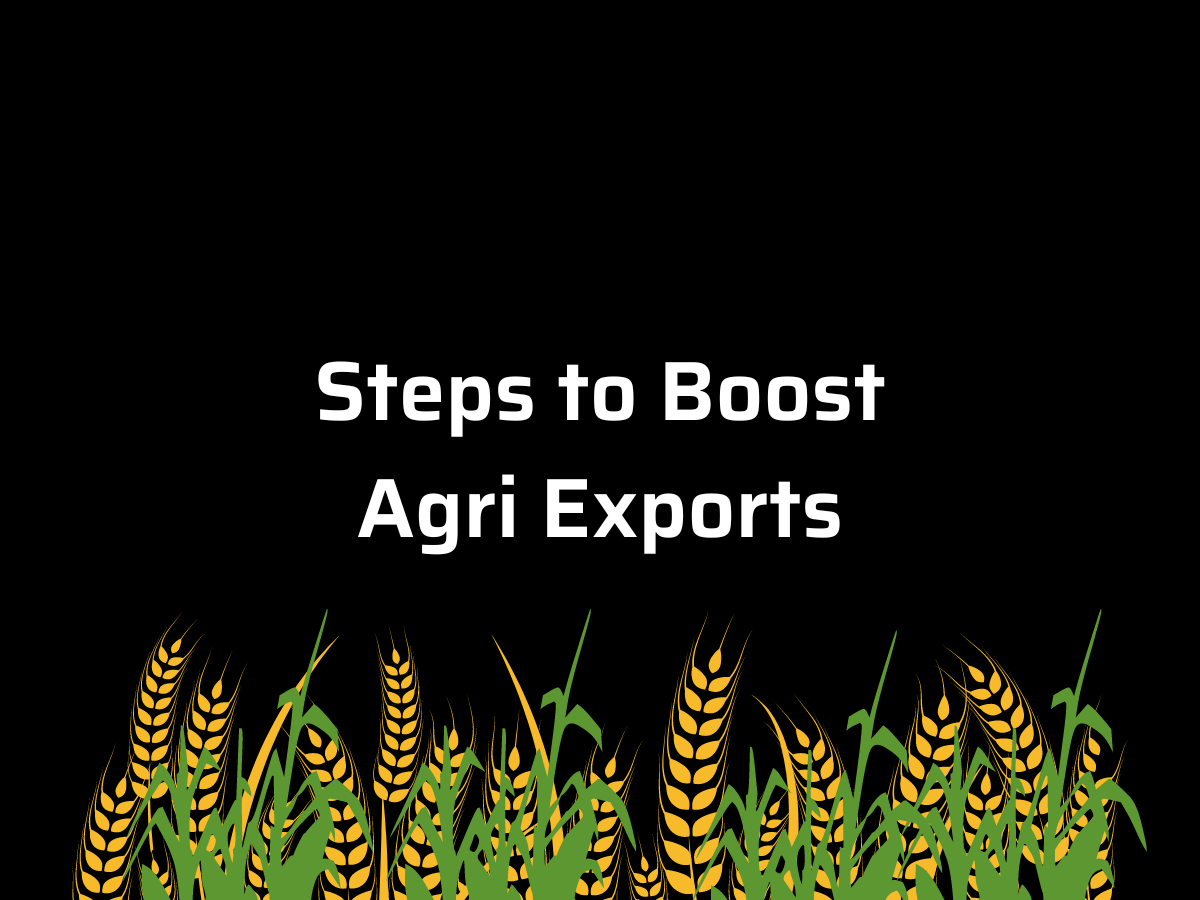
Promoting Organic Farming: NPOP & Participatory Guarantee Scheme
Subscribe to Never Miss an Important Update! Assured Discounts on New Products!
Must Join PMF IAS Telegram Channel & PMF IAS History Telegram Channel
- Lakshadweep, after Sikkim, is on its way to become 100 per cent organic.
- Lakshadweep is the first Union Territory to become 100 per cent organic.
- In January 2016, Sikkim became India’s first “100 percent organic” State.
Organic Farming
- Organic farming is a type of agriculture or farming which avoids the use of synthetic fertilizers, pesticides, growth regulators, & livestock feed additives.
- Organic farming systems rely on crop rotation, crop residues, animal manures, legumes, green manure, off-farm organic wastes & biofertilizers, mineral bearing rocks to maintain soil productivity, etc.
Suggested Reading: Organic Farming
Organic farming in India
- India ranks first in number of organic farmers & ninth in terms of area under organic farming.
- Sikkim became the first State in the world to become fully organic.
- States including Tripura & Uttarakhand have set similar targets.
- North East India has traditionally been organic, & the consumption of chemicals is far less than rest of the country.
- About 2.78 million hectares of farmland is under organic cultivation.
- This is two per cent of the 140.1 million ha net sown area in the country.
- Madhya Pradesh tops the list with 0.76 million ha of area under organic cultivation — that is over 27 per cent of India’s total organic cultivation area.
- The top three states — Madhya Pradesh, Rajasthan, & Maharashtra — account for about half the area under organic cultivation.
- Major organic exports from India are flax seeds, sesame, soybean, tea, medicinal plants, rice & pulses.
- Major exporting states: Assam, Mizoram, Manipur, & Nagaland.
Initiatives to promote Organic Farming in India
- Schemes launched to promote organic farming:
- Mission Organic Value Chain Development for North East Region (MOVCD) &
- Paramparagat Krishi Vikas Yojana (PKVY).
- Both PKVY & MOVCD are promoting certification under Participatory Guarantee System (PGS) & National Program for Organic Production (NPOP) respectively targeting domestic & exports markets.
- The Food Safety & Standards (Organic Foods) Regulations, 2017 are based on the standards of NPOP & PGS.
- The consumer should look for the logos of FSSAI, Jaivik Bharat/PGS Organic India on the produce to establish the organic authenticity of the produce.
- PGS Green is given to chemical free produce under transition to ‘organic’ which takes 3 years.
- The organic e-commerce platform www.jaivikkheti.in is being strengthened for directly linking farmers with retail as well as bulk buyers.
Mission Organic Value Chain Development for North East Region (MOVCD-NER)
- MOVCD-NER is a Central Sector Scheme.
- It is a sub-mission under National Mission for Sustainable Agriculture (NMSA).
- It was launched by the Ministry of Agriculture & Farmers Welfare for implementation in the all the North-Eastern states including Sikkim during the 12th plan period.
- The scheme aims to development of certified organic production in a value chain mode to link growers with consumers.
- The scheme supports the development of entire value chain starting from inputs, seeds, certification, to the creation of facilities for collection, aggregation, processing, marketing & brand building initiative.
Paramparagat Krishi Vikas Yojna (PKVY)
- PKVY is a sub-component of Soil Health Management (SHM) scheme under National Mission of Sustainable Agriculture (NMSA).
- It aims at development of organic farming through a mix of traditional wisdom & modern science.
- It aims to ensure long term soil fertility build-up, resource conservation & helps in climate change adaptation & mitigation.
National Programme for Organic Production (NPOP)
- The Ministry of Industries & Commerce is implementing the NPOP since 2001 with the following objectives:
- To provide the means of evaluation of certification programme for organic agriculture & products.
- To accredit certification programmes of Certification Bodies seeking accreditation.
- To facilitate the certification of organic products in conformity with the prescribed standards.
- To facilitate organic certification in conformity with the importing countries organic standards.
- To encourage the development of organic farming & organic processing.
- The Agricultural & Processed Food Products Export Development Authority (APEDA) is the implementation agency for the NPOP.
- APEDA is providing assistance to the exporters of organic products under various components of its export promotion scheme.
Participatory Guarantee Scheme (PGS)
- Union Agriculture Ministry introduced PGS to incentivise more farmers to grow organic food.
- PGS is an Operational Manual for Domestic Organic Certification published by the National Centre of Organic Farming, Ghaziabad.
- PGS is a process in which people in similar situations (small producers) assess, inspect, & verify the production practices of each other & take decisions on organic certification.
- PGS operates outside the framework of third-party certification.
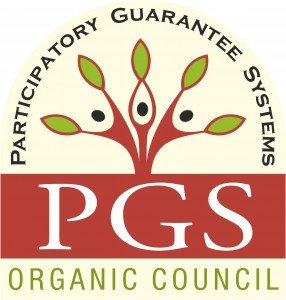
Advantages of PGS over third-party certification
- Procedures are simple, documents are basic, & farmers understand the local language used.
- As all members are practising organic farmers themselves, they understand the processes well.
- Because peer appraisers live in the same village, they have better access to surveillance & the costs are low.
- Mutual recognition between regional PGS groups ensures better networking for marketing.
- Unlike the grower group certification system, PGS offers every farmer individual certificate, & the farmer is free to market his own produce independent of the group.
- PGS ensures traceability until the product is in the custody of the PGS group, which makes PGS ideal for local direct sales & direct trade between producers & consumers.
Limitations of PGS
- PGS certification is only for farmers that can organise as a group & is applicable only to activities such as crop production, processing, & livestock rearing, & off-farm processing by PGS farmers of their products.
- Individual farmers or group of farmers smaller than five members are not covered under PGS.
- They either have to opt for third party certification or join the existing PGS local group.
- PGS is not ideal for furthering exports of organic produce due to apprehensions over peer-based certification.





